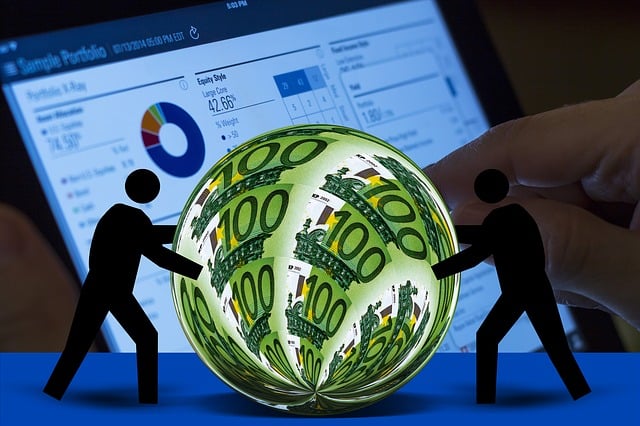Crypto Coin Mining: A Comprehensive Guide to Earning Digital Assets
In the world of cryptocurrencies, one of the most popular ways to acquire digital assets is through crypto coin mining. This process involves using powerful computers to solve complex mathematical problems, which in turn validates transactions on the blockchain and generates new coins as a reward. In this article, we will explore the concept of crypto coin mining and provide insights into how you can get started in this exciting venture.

Understanding Crypto Coin Mining
Crypto coin mining is the backbone of many blockchain networks, including Bitcoin and Ethereum. Miners play a crucial role in securing the network and ensuring the integrity of transactions. By solving mathematical puzzles, miners confirm transactions and add them to the blockchain, making them permanent and immutable.
Every successful block confirmation comes with a reward in the form of newly minted coins, which serves as an incentive for miners to continue mining. This process is called "proof-of-work" and is a fundamental component of many cryptocurrencies.
The Mining Hardware
To engage in crypto coin mining, you need specialized hardware known as mining rigs or ASICs (Application-Specific Integrated Circuits). These devices are designed to perform the necessary calculations efficiently and maximize mining profitability. Depending on the cryptocurrency you wish to mine, different hardware configurations may be required.
Mining Software and Pools
In addition to hardware, you also need mining software to connect your mining rig to the blockchain network. These software applications enable your hardware to communicate with other miners and cooperate in solving computational problems. Joining mining pools can also increase your chances of earning rewards, as participants work together to mine blocks collectively.
Electricity and Expenses
Mining cryptocurrency consumes a significant amount of electricity. Before embarking on mining, it is essential to calculate the electrical costs involved and assess whether the potential rewards outweigh the expenses. Factors such as electricity prices, hardware efficiency, and cooling systems must be considered to ensure profitability.
Earning and Storing Mined Coins
Once you have successfully mined coins, you need a secure wallet to store them. Wallets can be categorized as hot wallets (online) or cold wallets (offline), each with their own advantages and vulnerabilities. It is crucial to research and select a reliable wallet that suits your needs and ensures the safety of your digital assets.
The Future of Crypto Coin Mining
As the world of cryptocurrencies continues to evolve, the future of crypto coin mining is both exciting and uncertain. With the rise of alternative consensus mechanisms like "proof-of-stake," which requires users to hold coins instead of solving computational puzzles, the mining landscape may undergo significant changes. Additionally, advancements in technology and the increasing popularity of cryptocurrencies may lead to greater competition in the mining space.
To stay up-to-date with the latest trends and insights in the crypto world, be sure to check out articles like "Best Crypto Swap Exchange: A Guide to Secure and Efficient Trading" and "Crypto Trading Fees Comparison: Finding the Best Platforms for Your Investments".
For those interested in specific cryptocurrencies, don't miss "Loom Crypto Price Prediction: Analyzing the Future of Digital Currency" and the thought-provoking article on "Is Crypto the Future?"
In conclusion, crypto coin mining offers an opportunity to earn digital assets through computational work. By understanding the mining process, acquiring the necessary hardware and software, and staying informed about the evolving crypto landscape, you can embark on a rewarding mining journey while keeping up with the latest trends and insights in the crypto world.